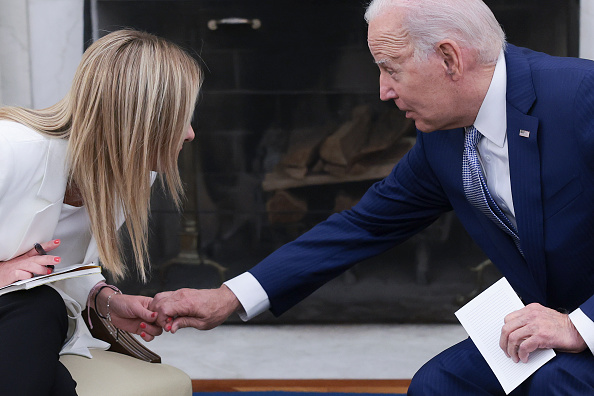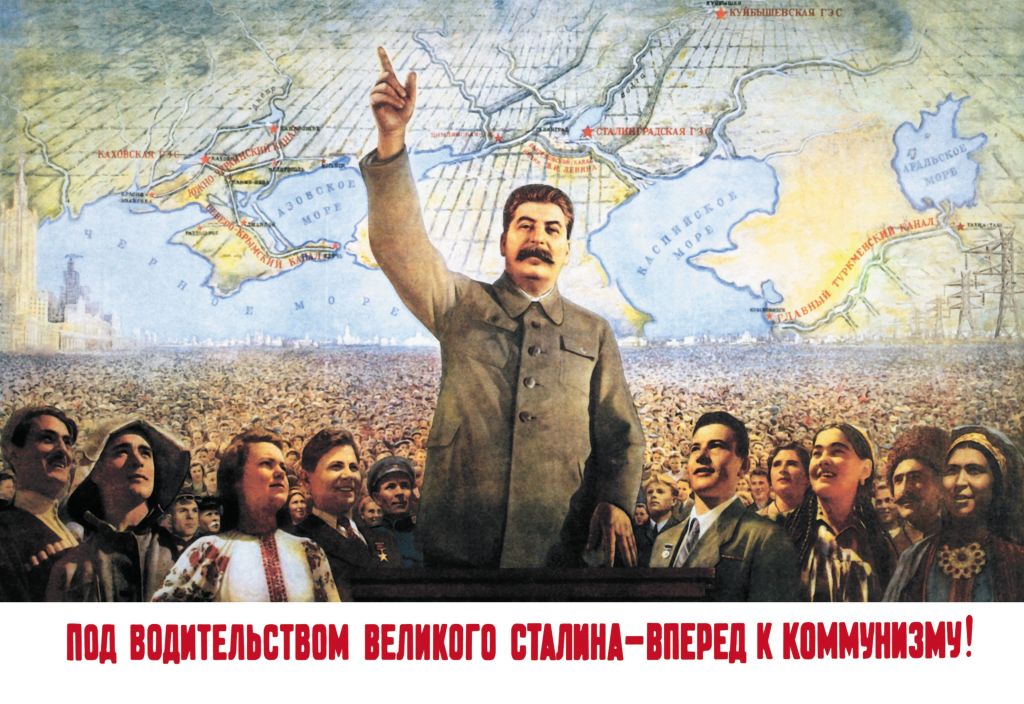Conservative or right-wing forces are on track to govern approximately 100 million EU citizens, representing more than 20 per cent of the total population.
Italy, Hungary, Slovakia and the Netherlands are joined by Austria, which, despite not having secured power, shows a remarkable growth of parties from this ideological spectrum.
In particular, the recent election of the Freedom Party (FPÖ) in Austria, which won 29 per cent of the vote, indicates a growing trend in the region. And the domino effect looks set to be unstoppable in the coming years.
Italy, where Giorgia Meloni leads a government with strong positions on immigration and security, has seen a significant shift in domestic policy. Her administration has implemented measures to restrict migrant arrivals and has modified asylum policies, reflecting a tougher approach to immigration. These changes have been supported by 49 per cent of Italians, according to recent polls.
In addition, its anti-immigration policy was approved this week in Strasbourg, which means that member states will now be able to check immigrants in third countries to ensure that asylum and refugee requests are scrupulously complied with.
Hungary, under the leadership of Viktor Orbán, is known for its strong anti-immigration rhetoric and border control policies. His government has cut funding to non-governmental organisations and closed reception centres.
Orbán has stated his intention to reduce illegal immigration by 60 per cent during his term in office, which has generated significant support among his base and shown the way forward for third countries.
In Slovakia, Robert Fico has adopted a similar stance to Budapest, rejecting EU migration policies and calling for a review of asylum laws. In his speeches, he has indicated that his government will prioritise national security over European commitments. This approach has gone down well with 64 per cent of voters, according to opinion polls in the country.
Also this week, Hungary, Serbia and Slovakia signed a three-way agreement to curb mass immigration from the East in order to protect the European Schengen area.

The impact of these forces on European politics is palpable. Right-wing parties have begun to influence the EU agenda, demanding a review of immigration policies and proposing more restrictive solutions.
This pressure has forced the European Commission to reconsider its approaches to migration management, as the growing influence of parties such as the FPÖ and Le Pen’s party in France has created a new political context in which decisions must be weighed against increasing social polarisation.
It remains to be seen whether this shift in immigration policy is permanent or just a calculated electoral effect to avoid giving more power to the different conservative groups on the continent.
At an event on the Mediterranean dialogue held in the European Parliament in September, Spanish Socialist MEP Juan Fernando López Aguilar admitted that the left is ‘losing’ the narrative to the right on the issue of immigration.
On other continents, these parties have also gained momentum. In the United States, Donald Trump may return to the presidency of the still most powerful country in the world and serve as an impetus for new social movements and parties within his spectrum in America and Europe.
The European Parliament is dropping rules on gender balance to prevent the hard-right from holding any position of power, three female MEPs have claimed. https://t.co/bUpbaiEk48
— Brussels Signal (@brusselssignal) October 17, 2024





United but fragile: Europe and Ukraine